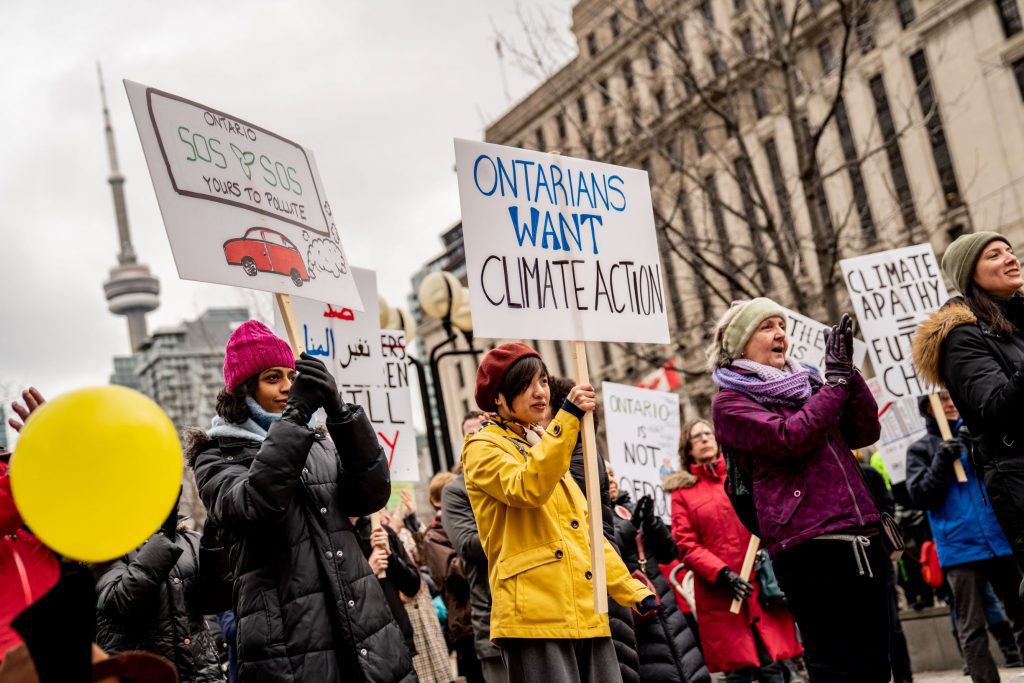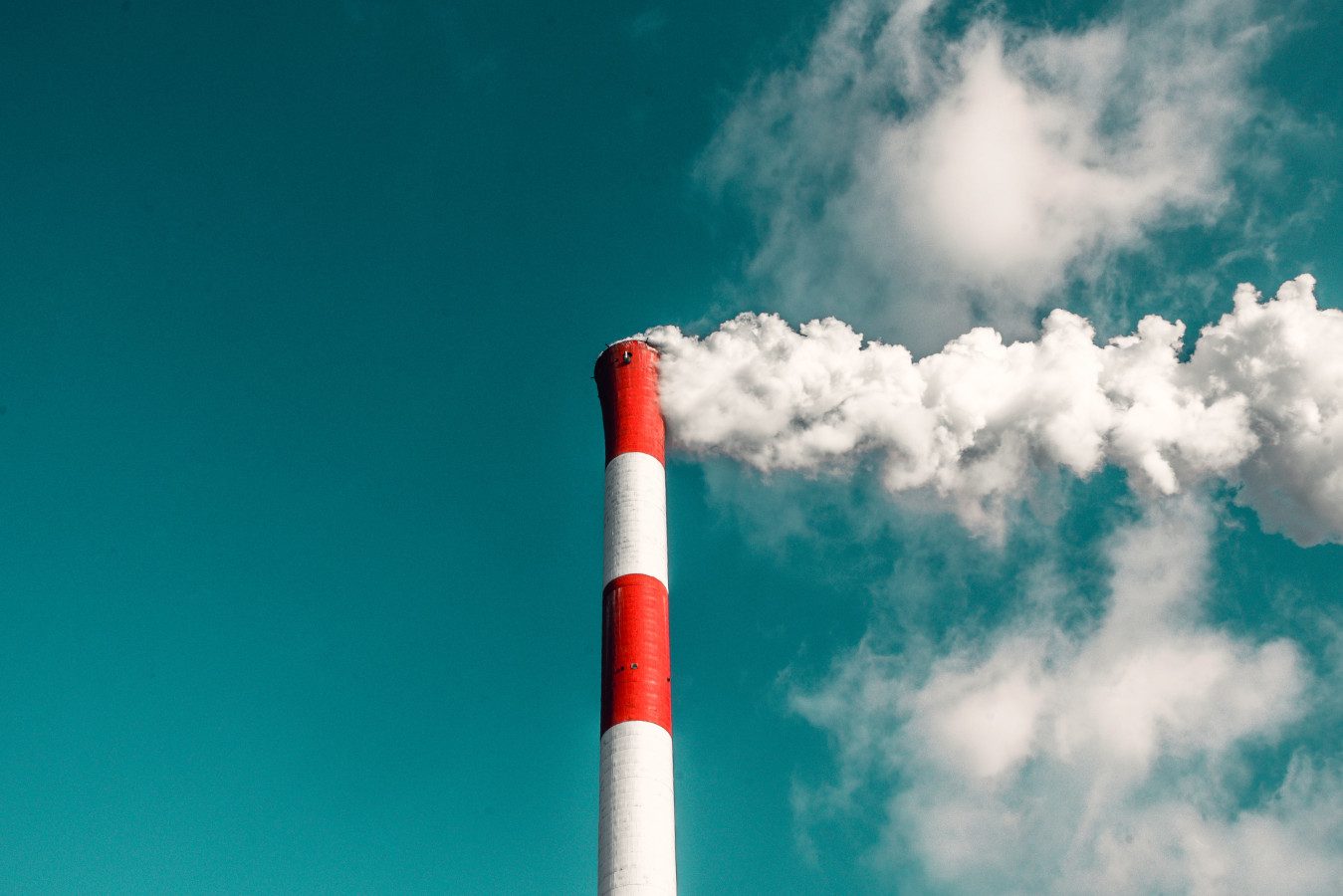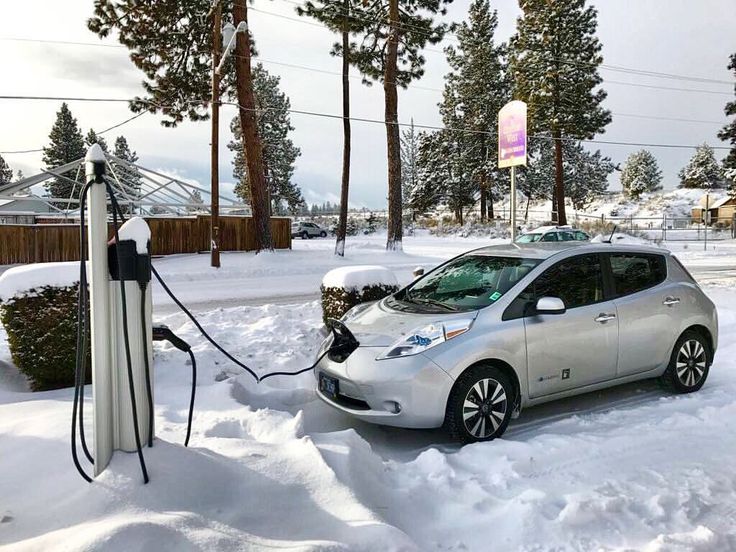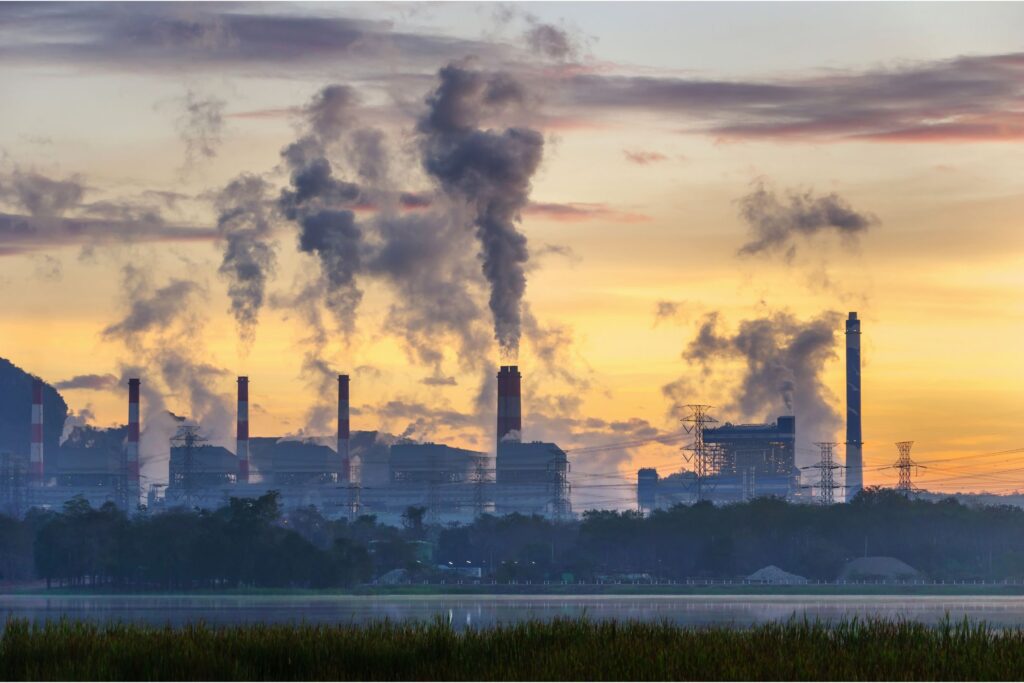The federal government recently announced a plan to raise the price on carbon to help meet their climate change commitments. Hot on the heels of this announcement, the same opponents trotted out the same tired and faulty arguments we heard when carbon pricing was an election issue in 2019.
The lines from federal Opposition leader Erin O’Toole, Premier Ford, and Premier Kenney share the same problems: these knee-jerk reactions present misleading facts and occasional outright lies.
Premier Ford and his cabinet have been leading the pack on this, so we’ve tackled some of the boldest claims coming from the Ontario government.
“The carbon tax will throw a 30 per cent cost of living increase on the backs of the people.”
Who said it? Premier Ford
Fact check: FALSE
We’re not sure where the 30 per cent figure came from, but we’ve found no reputable sources to support it.
For many people, there will be no overall cost of living increase. You’ll get a rebate every three months to cover the additional costs you pay for goods and services due to the carbon price. The average family of four in Ontario will collect roughly $2,018 a year in climate rebates by 2030 (and more in Alberta and Saskatchewan), which in most cases will be more than this average family of four pays in additional costs. If you do fewer things that emit carbon, the rebate will more than offset the carbon tax you pay for polluting goods and activities. If you have a really big carbon footprint (top 10% in the country), it won’t. That’s the idea – to save money, or to have more money…..pollute less.

“The carbon tax will increase the cost of every good and service you have out there”
Who said it? Premier Ford
Fact check: FALSE
First of all, the price on carbon only applies to goods and services that create carbon emissions. Does it run on diesel, gasoline, natural gas, or other fossil fuels? Then the price goes up. But goods and services that rely on clean power sources won’t get more expensive. For example, bringing your bike in for a tune-up, or hailing a taxi or a rideshare in an electric car.

It’s true that many goods and services will see a higher up-front cost due to the carbon price. But the rebate means you’ll get most, all, or even more back than you paid in additional costs. The goods and services that will see a noticeable hike will be those that burn most fossil fuels and contribute most to climate change – for example, buying gasoline. The price at the pump will increase by 12 cents/litre in 2022, and 37.57 cents/litre by 2030 (which, again, most or all of which will return to you through the rebate, unless you drive a real gas-guzzler).
Bonus fact check on gas prices: federal Opposition leader Erin O’Toole has tweeted misleading statements that lead people to think this increase is immediate, and not a decade from now. He has also consistently failed to mention the rebate.
“It’ll make Ontario uncompetitive during the COVID-19 recovery”
Who said it? Ontario’s Environment Minister Jeff Yurek
Fact check: MISLEADING
Minister Yurek tweeted this just months after introducing a special carbon pricing system for industry in Ontario which the federal government has endorsed. If he takes issue with how competitiveness is addressed in Ontario’s carbon pricing system, he should spend some time reviewing his own policies.
This is also misleading because the newly announced carbon price increases won’t apply until 2023, and not during the immediate COVID-19 recovery period in the next two years.
The Parliamentary Budget Officer took a deep look at the economic impacts of a stronger carbon price in Canada – up to $239 per tonne (the current proposal is to raise to $170 by 2030). Here’s what the report found:
“The range of these impacts translates into a reduction of 0.06 to 0.08 percentage points in average annual real GDP growth over 2023 to 2030. Thus, instead of the Canadian economy growing at 1.72 per cent annually, on average, over 2023 to 2030 under current policies and measures, we project that it would grow at 1.64 to 1.66 per cent annually, on average, over the same period with additional carbon pricing to achieve the Paris target.”
Clearly, the Canadian economy will continue to grow while the carbon price rises. A rational analysis shows that it’s not the economic “sledgehammer” that Premier Ford and Minister Yurek claim.
“This will be the worst thing you could ever see”
Who said it? Premier Ford
Fact check: SERIOUSLY? Who would say this about a price on carbon pollution in 2020?
The really outlandish thing about these claims is that Ontario has spectacularly failed to reduce greenhouse gas emissions through actions that aren’t a price on carbon. It’s possible – they just haven’t done it. In fact, emissions spiked alarmingly the year Premier Ford took power. At this point, it’s just not credible to claim the province can reduce emissions with its current plan. That’s why it’s surprising to hear them drawing attention to their complete climate failure by reverting to the same old lines.

A price on carbon is by no means a silver bullet to fix climate change. But it’s also not going to destroy the Canadian economy or empty your wallet. In fact, those who reduce their carbon footprint will likely find that they’ve made money overall when the rebate comes back to them. And that’s the whole point of carbon pricing – a financial incentive to reduce your carbon emissions. So don’t let yourself be taken in by misleading and false statements from politicians who still insist on fighting climate change solutions, rather than fighting climate change along with the rest of the world.
Quote Sources: Premier Ford’s news conference, Minister Yurek’s interview and tweet
Stay up to date on environmental issue. Join our newsletter community.









